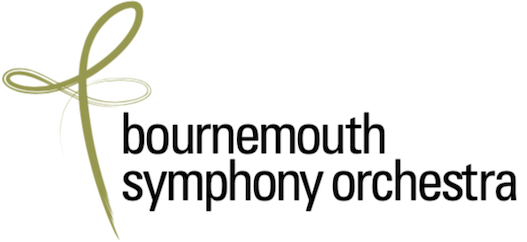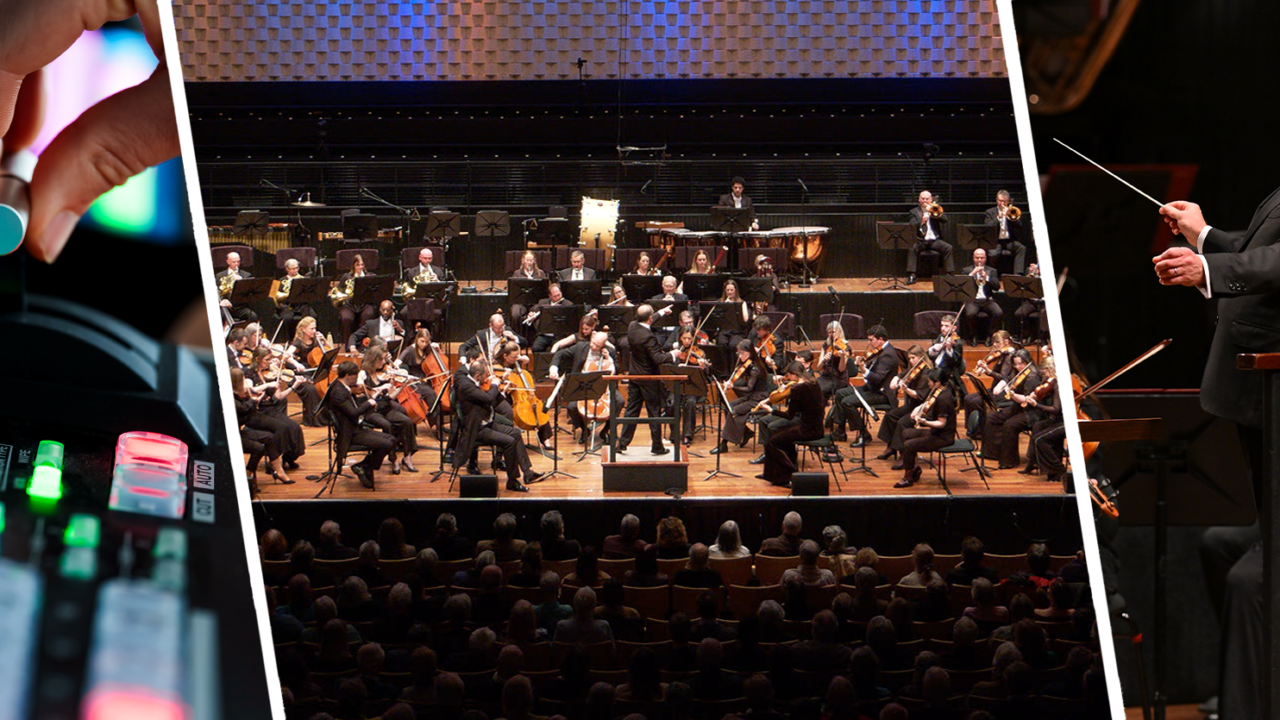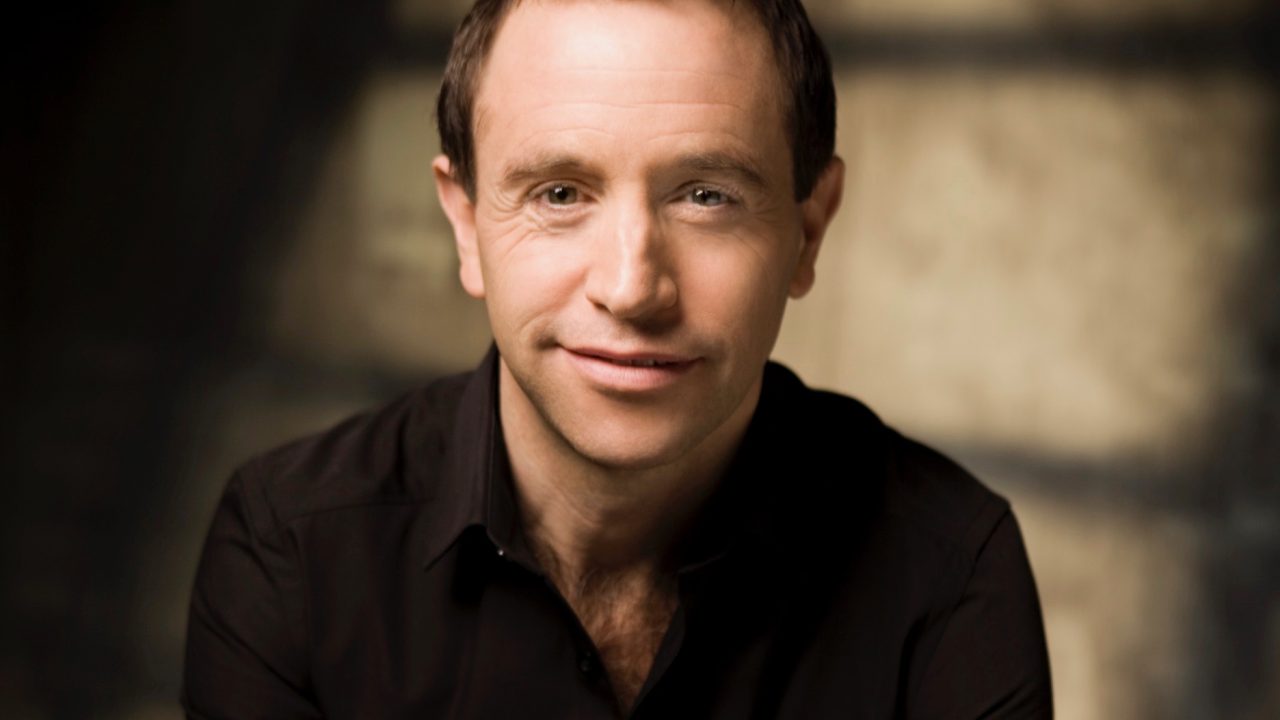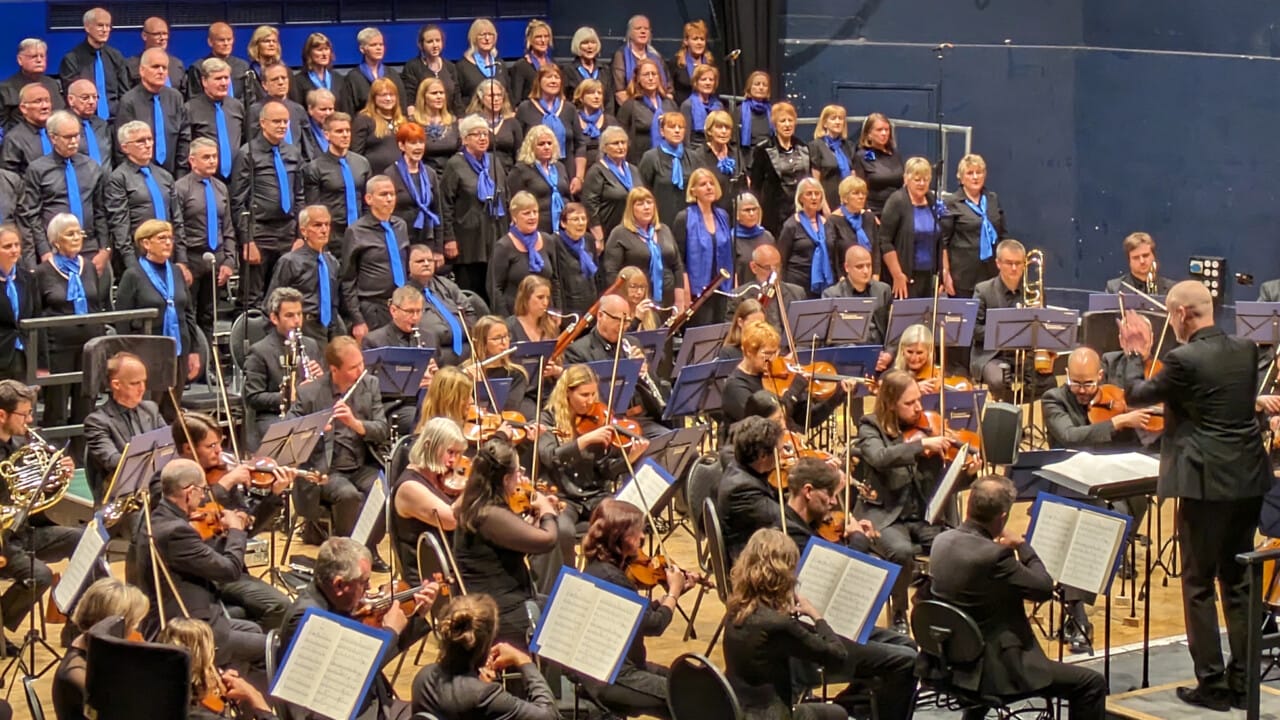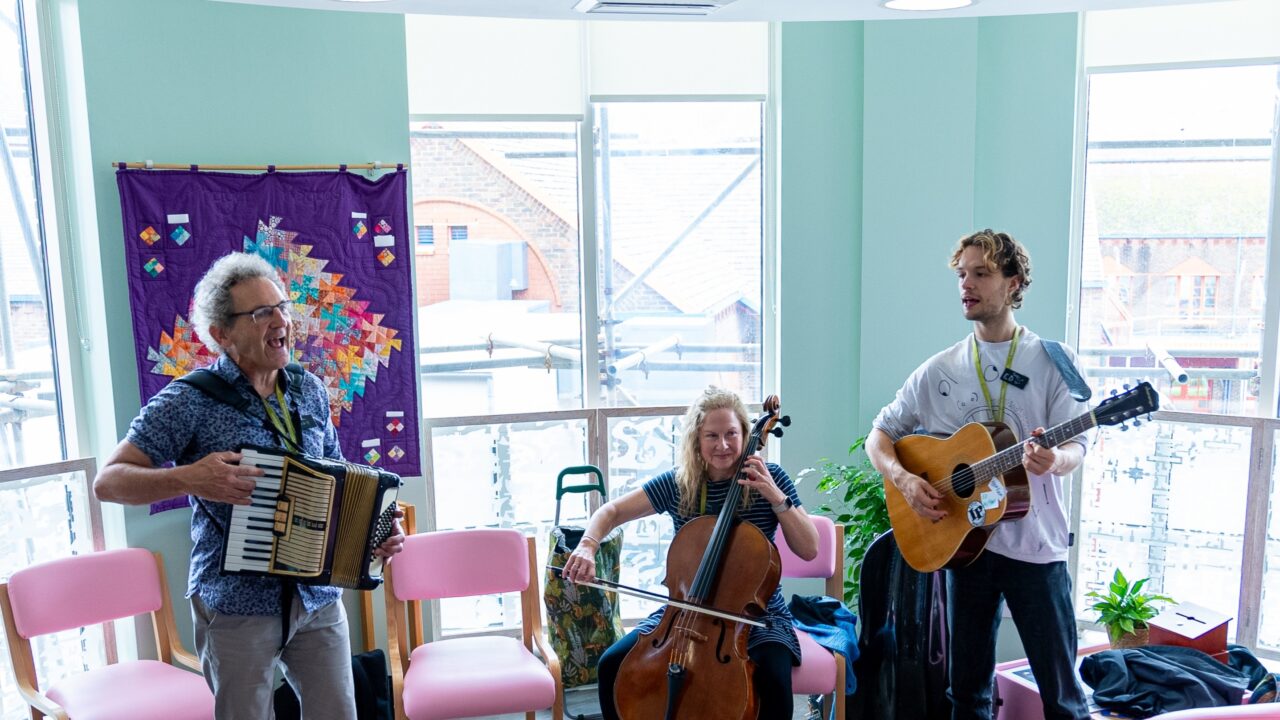This season’s first concert in the BSO’s Brahms symphony cycle opened within the context of three works of post-Beethovenian high German Romanticism. All three works shared a significantly long gestation period to reach final completion, but each one amply vindicating their extended development period with groundbreaking innovation and distinction.
Chloé Van Soeterstède, BSO’s Principal Guest Conductor collaborating with Mark Wigglesworth in the cycle, consistently struck a lithe and sinuously flexible approach. She readily revealed the contrasting facets of genius between Schumann, Mendelssohn and Brahms, as well as bringing a breath of interpretative fresh air and orchestral transparency to illuminate musical form and texture.
The quirkiness of Schumann’s unjustly neglected Overture, Scherzo and Finale resounded with happy-go-lucky inspiration that almost suggested he wanted to create the first Concerto for Orchestra. It was almost as though Florestan, Eusebius and all the composer’s other musical characters from his works for piano were partying together. No slow movement and the most spirited ride throughout, especially in the Scherzo with surely a premonition of Wagner’s Valkyries vaulting into the saddle?
In Mendelssohn’s Violin Concerto, Alena Baeva gave a comprehensively articulate performance allowing every aspect of the composer’s natural genius to shine. With intuitive rapport between soloist, conductor and orchestra, intimately voiced lyricism and fiery ardour delivered with seamless bowing brought ideal balance and temperament – not least in a comprehensively articulate cadenza. After a sublime central movement, the finale dazzled with nods back to the quicksilver of the composer’s incidental music for A Midsummer Night’s Dream.
Icing on the cake followed with Grazyna Bacewicz’s Polish Caprice. A brooding opening belied the encore’s title, but suddenly burst into two minutes of virtuosic high jinx and compelling artistry. We need to hear much more of this composer.
The Brahms cycle could not have opened more auspiciously. The chemistry of unusually lithe articulation and transparency of textures in this performance brought total vindication to the composer’s long struggle to complete his first symphony. With no excess of clichéd Brahmsian beef and beer, each movement cohered with clarity and flexibility that built a sense of cumulative purpose and true symphonic trajectory. Prominent solos from Amyn Merchant (Leader), Anna Pyne (Flute), Edward Kay (Oboe) and Dan Curzon (Horn) all contributed moments of magic along the journey. When the great chorale blazed at the last climax to release the triumphant coda to the finale, it was a point of exhilarating arrival from darkness to light that so pertinently harked back to its earlier quietly subdued statement. At this level of excellence, expectations are running high for the next three symphonies.
Finally, a word of thanks to BSO, who generously allow me to review live concerts as well as via BSOLive. Next week’s concert on 2 December will be their 100th live broadcast post-Covid in September 2022. The orchestra now has a global reach to 118 countries. This is an extraordinary achievement not matched anywhere else in the UK serious music scene. BSOLive offers brilliant sound and production values as well as added insights into the music and performers from expert commentators – in this concert with the excellent Catherine Bott further enhancing the orchestra’s Music International Treasure status. Long may it continue!
Ian Julier
To catch up on the full Digital Concert until 28 December click here
Gallery



